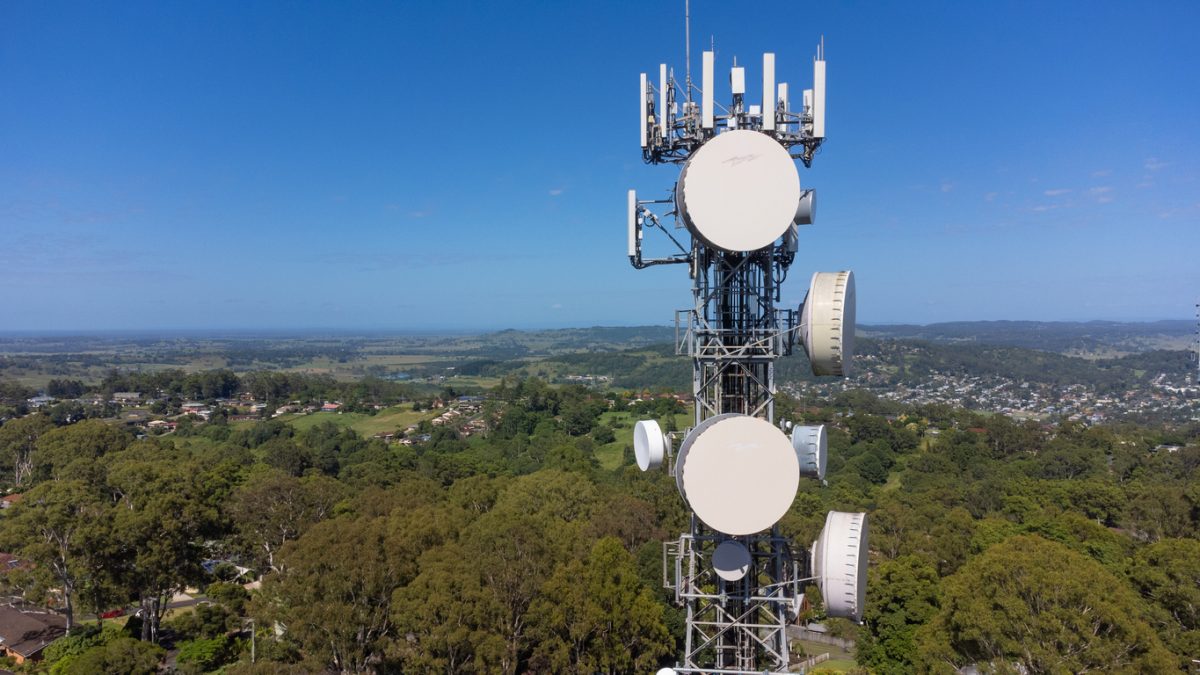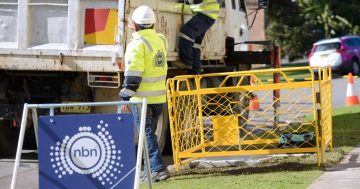
The ACCC’s Regional Mobile Infrastructure Inquiry report found the sale of mobile towers had changed the structure of the mobile telecommunications industry. Photo: davidf/iStock.
Changes to mobile tower ownership may be limiting regional mobile coverage expansion, according to a new report by the Australian consumer watchdog.
In 2022, the federal government asked the Australian Competition and Consumer Commission (ACCC) to inquire into access to towers and other infrastructure used to supply regional mobile services.
ACCC’s report released this October made 20 findings spanning access to mobile towers, the regulatory framework, consumer experiences and the feasibility of temporary mobile roaming during natural disasters.
One of the central findings in the report was related to the sale of mobile towers previously owned by Australia’s mobile network operators Telstra, Optus and TPG Telecom, to separate specialist tower companies.
The report explained having tower companies independent from mobile network operators should generally create incentives for tower operators to increase their revenue through increased co-location. That is, a practice of mounting mobile equipment on a tower owned by another party, instead of building a new tower.
However, the report found that pre-existing commercial arrangements appeared to be limiting co-location.
“Each of the three mobile network operators sold their tower portfolio to a separate tower company,” ACCC Commissioner Anna Brakey explained.
“This has created a strong bilateral contractual relationship between the old owner and the new owner, which can create restrictions and impact whether infrastructure sharing options are pursued.”
The ACCC said these relationships and the vertical integration between, for instance, Telstra and the company it sold its towers to, meant it was not clear whether the sale would make it easier for mobile network operators to provide greater coverage in the future. Changes in mobile tower ownership were also determined to have ultimately made the existing regulatory regime for tower access no longer fit for purpose.
“We heard concerns from some in the industry that the current regulatory regime does not enable efficient tower access,” Ms Brakey said.
“This is understandable given the legislation does not apply in the same way to the tower companies who now own or operate most of the towers in Australia.”
However, the report found network operators still drove investment in regional areas as the tower companies only built new towers when given commitments by the operators.
“Mobile network operators have little incentive to invest in greater or improved mobile coverage in regional areas if doing so would not increase their market shares in the national mobile market, or is otherwise profitable,” Ms Brakey said.
The ACCC found the combination of Telstra’s enduring competitive advantage and generally lower population density in regional areas represented further barriers for operators.
The ACCC was also asked by the government to examine the feasibility of temporary mobile roaming during natural disasters or other emergencies.
In theory, this would enable consumers to connect to any available mobile network in a limited time and geographical area, even if their personal network was down.
While the ACCC found the proposal was technically feasible, mobile network operators would need to make changes to their business processes, network and operational systems.
Government agencies and industry would also need to develop frameworks and protocols with the mobile network operators for starting and ending temporary mobile roaming.
Although the ACCC’s inquiry only dealt with tower access and temporary mobile roaming, their report also detailed broader concerns raised by regional consumers.
“There is clear demand in regional, rural and remote areas for better mobile coverage and more choice of network operator,” Ms Brakey explained.
“We also heard concerns about the impact of the looming 3G shutdown in 2024 and whether there will be equivalent 4G or 5G coverage.”
Other concerns related to patchy coverage, difficulties interpreting and comparing coverage maps and already congested networks getting worse as demand for data continues to grow.











